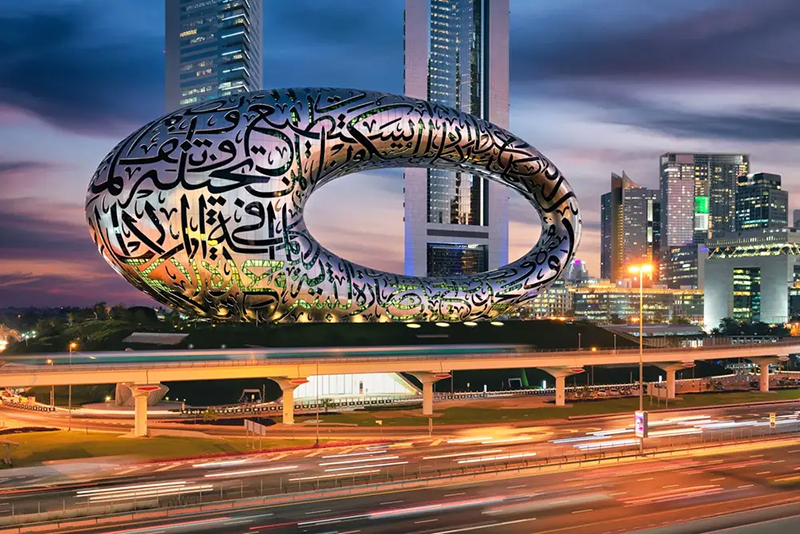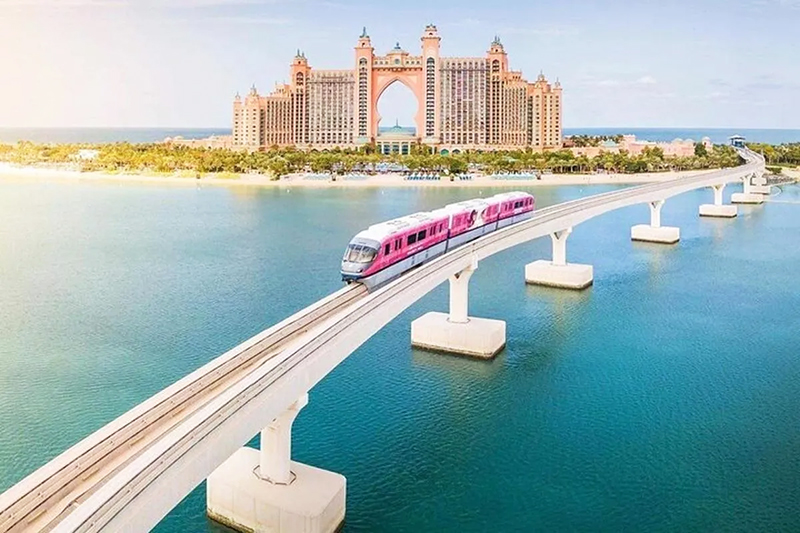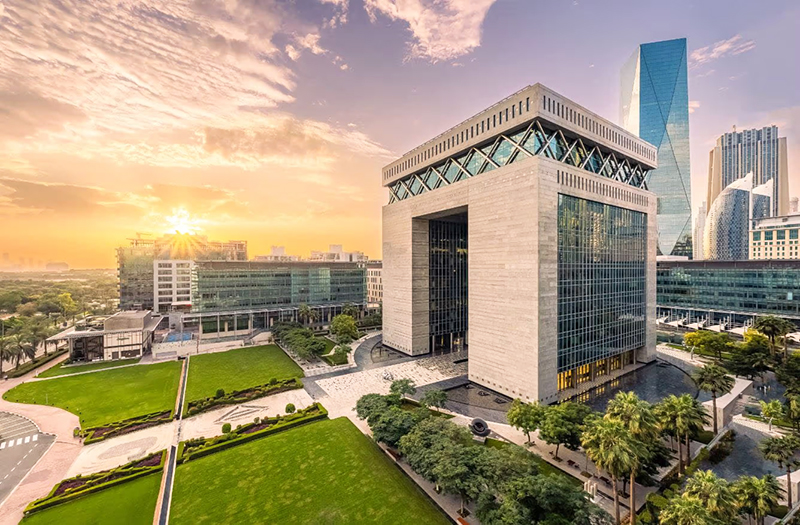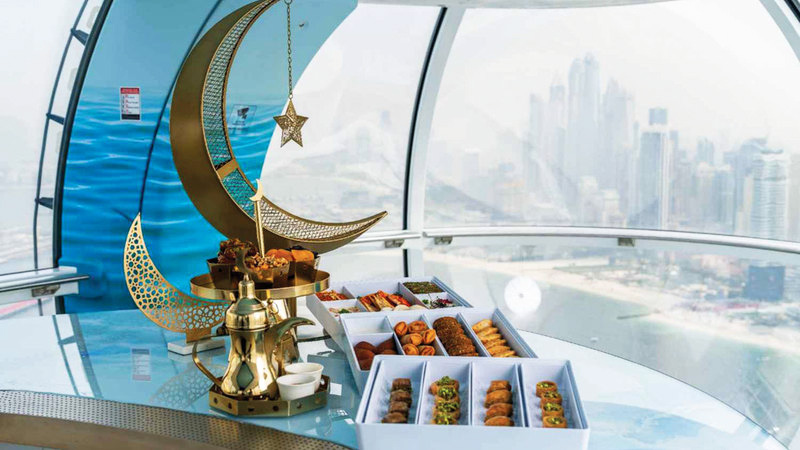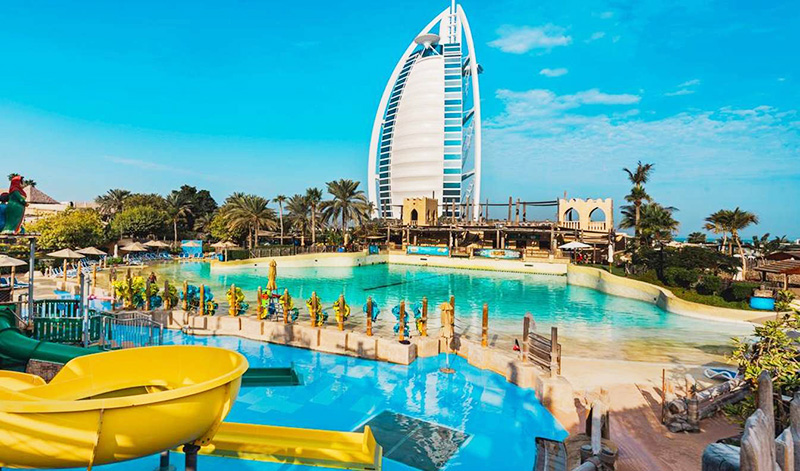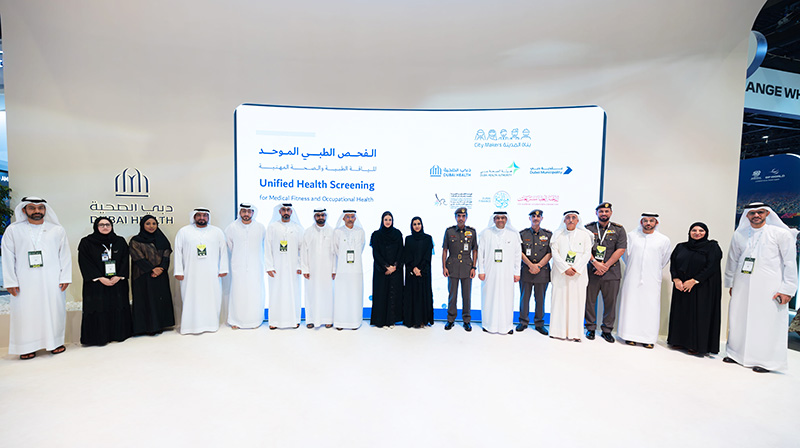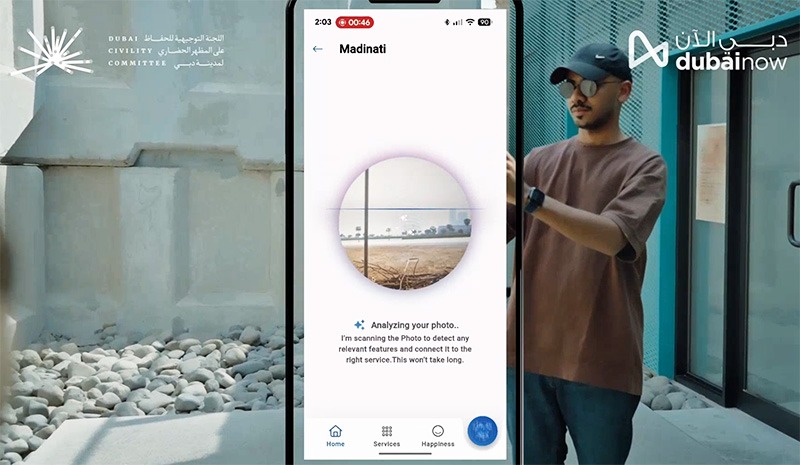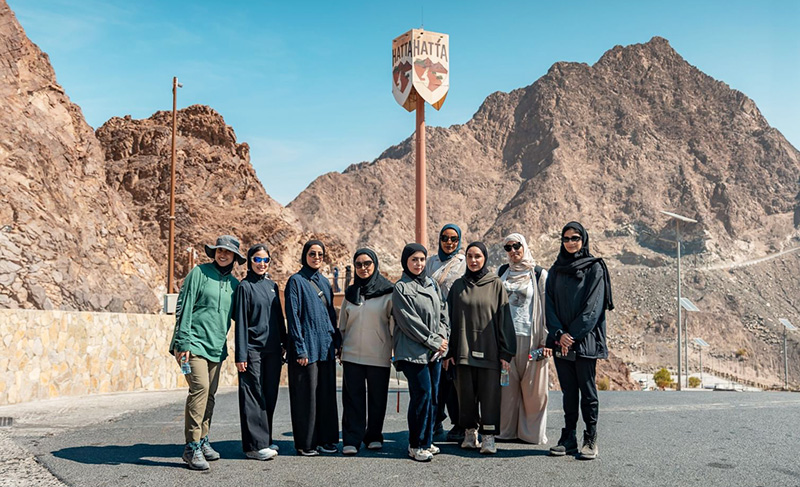
Societies at no stage in their history have been immune to the need to organize knowledge and channel it toward developmental goals. In early times, centers of knowledge were devoted to gathering and disseminating scholarship, as in the Library of Alexandria and the House of Wisdom in Baghdad, where the aim was to preserve the intellectual heritage, translate it, and transmit it between civilizations.
With the evolution of the modern state, this role expanded to include supporting scientific research and providing infrastructure that enables the production of knowledge. Thus emerged research universities, specialized centers, and national science councils under systems that encourage academic publishing and support advanced specializations.
But the deeper transformation came with the transition to a knowledge economy, where research was no longer an end in itself but a strategic tool for generating economic value, achieving competitive advantage, and spurring innovation. In this context, science parks arose as integrated entities bringing together education, research, manufacturing, funding, and regulation in one environment that accelerates the conversion of ideas into products and knowledge into businesses.
From Silicon Valley in the United States, to Tsukuba in Japan, and on to Dubai Science Park, this model has proven that it is no longer exclusive to advanced economies, but rather a necessity for any nation aspiring to build its economy on sustainable, knowledge-based foundations.

The Beginnings
It was no coincidence that 2005 was chosen to establish Dubai Science Park in Dubai as the first free zone for the sciences in the Middle East. That timing coincided with the launch of a series of specialized free zones under the umbrella of Dubai Holding, managed by the Tecom Group, alongside other sector-focused hubs such as Dubai Internet City, Dubai Media City, and Knowledge Village. Dubai Science Park came to complete this ecosystem as a dedicated hub for science and research.
At its inauguration, the Park bore the name “Dubai Biotechnology and Research Park” (DuBiotech), as it initially focused on attracting pharmaceutical and biotech companies, inspired by the Silicon Valley model but in the field of biotechnology. Its facilities were designed to the highest technical standards to host laboratories and research centers. For example, the twin “Bio” towers built as the main headquarters included advanced ventilation and air filtration systems to prevent cross-contamination, along with biological safety equipment and secure waste disposal to ensure a highly reliable research environment. This specialized infrastructure underscored the seriousness of the project in providing everything necessary for scientists and researchers.
Growth Trajectory and Developments
Dubai Science Park began its journey by attracting a number of global companies in its early years, reflecting the early confidence the project enjoyed. By 2012, more than 120 companies had made Dubai Science Park their home, including giants like Pfizer, Bristol Myers Squibb, Firmenich, and Olympus. This initial momentum affirmed the Park’s status as an attractive destination for pharmaceutical and biotech industries seeking to enter Middle Eastern markets and the surrounding region.
Over time, the range of sectors served by the Park expanded beyond biotechnology into broader fields of science and innovation. The project was accordingly renamed “Dubai Science Park” in 2015 to reflect the scientific diversity it had come to encompass. Under this new name and branding, the Park became home not only to medical and health companies, but also to organizations active in the life sciences generally and in sectors like sustainable energy and the environment, meeting major future priorities for Dubai and the UAE in areas such as sustainability and clean technology.
In subsequent years, the Park experienced accelerated growth in both its size and level of activity. On the infrastructure front, ambitious expansion projects were launched to keep pace with rising demand from companies. In 2024, for example, the Park announced the addition of 200,000 square feet of storage and logistics space, “an increase equivalent to 147% of its previous capacity”, aimed at meeting the needs of its growing client base.
This logistics expansion was not just a real estate development, but a response to a qualitative shift in the nature of activities. More companies now required facilities for product distribution and supply chain management within the Park, indicating its transition from merely a research site into a fully integrated platform for scientific manufacturing and services. Notably, the announcement of this expansion was made on the sidelines of Dubai Science Park’s participation in an international biotechnology exhibition in the United States, a sign that the Park was no longer just a local project but a global gateway for attracting scientific investment to Dubai.
Alongside infrastructure growth, the scientific community within the Park grew in both size and quality. Whereas the number of experts and workers on site was in the hundreds in its early days, that figure multiplied several times over to reach around 6,500 specialists today, working across more than 500 companies and institutions. This quantitative leap was accompanied by a qualitative shift in the caliber of talent: the Park attracts elite minds from all over the world in diverse fields including medical research, environmental science, and renewable energy, alongside young Emirati talents who find a conducive environment for scientific creativity. Thanks to this diversity, the Park has become a melting pot where diverse global expertise converges, reinforcing a culture of collaboration and knowledge exchange within a unique innovation ecosystem in the region.
Innovation Environment and the Park’s Role in the Knowledge Economy
Dubai Science Park was designed to be more than just a business zone; it is a comprehensive ecosystem akin to a small scientific city within Dubai. The Park offers office spaces, specialized laboratories, and business incubators, as well as even residential areas and everyday services to support the community of researchers and professionals living there. This holistic approach means that a scientist or engineer in the Park can find everything they need within a single geographic space, from high-end laboratory equipment to daily conveniences, creating an environment that helps them concentrate, boosts productivity, and frees them to focus on innovation.
Project leaders have repeatedly stressed that providing the right climate is the key to creativity. From this standpoint, the Park has worked to attract the brightest scientific talents and provide support for them through attractive incentive packages that include 100% company ownership, full tax exemptions, and facilitated profit repatriation. These incentives, familiar features of free-zone environments in the UAE, are intended to remove bureaucratic and financial obstacles from the path of researchers and science entrepreneurs, allowing them to devote themselves to creating added value through their R&D projects.
On a broader economic level, Dubai Science Park plays a pivotal role in supporting Dubai’s vision of transitioning to an innovative, sustainable economy. Today, the Park is regarded as a platform for developing new industries in the country, such as advanced pharmaceuticals, biotechnology, and clean energy, which helps diversify the economic base and create high-quality jobs.
The numbers clearly reflect this impact: the Park hosts hundreds of companies from around the world, ranging from local startups to regional branches of global giants. This has made it both a magnet for foreign direct investment and an incubator for local small and medium-sized enterprises.
Names such as Medtronic, Mettler-Toledo, and First Solar have joined the Park’s roster of companies, indicating that the scope of innovation has expanded to include precision medical technologies and even solar energy solutions. This diverse environment means that Dubai is not betting on a single sector but is instead building an integrated knowledge economy that spans multiple vital industries.
From a social and philosophical perspective, the success of Dubai Science Park raises profound questions about the relationship between physical infrastructure and human knowledge. Through this project, Dubai has managed to delineate the features of a new community composed of researchers and scientists, in a region where, just a few decades ago, scientific research was not a fundamental part of the landscape.
Bringing together 6,500 experts within a limited geographic space generates a cultural and intellectual impact whose effects extend beyond the laboratories, for these individuals form the nucleus of a scientific community that enriches the surrounding environment with their ideas and visions. In a country that aspires to localize scientific knowledge and build the capacities of its next generation, the Park serves as a practical school through which young Emiratis learn the values of precision, methodology, and scientific curiosity.
Moreover, the engagement of the Park’s institutions in community and educational initiatives, such as “training and collaboration with local universities”, ensures that the wheel of innovation does not turn in isolation from society. Instead, its fruits come forth to improve people’s lives and enhance the quality of life in the UAE.
Nothing illustrates this better than the leadership’s focus on linking scientific research with development goals. His Highness Sheikh Mohammed bin Rashid has affirmed that the R&D sector is a fundamental pillar of sustainable development and the creative economy, and an important lever for improving the performance of various sectors and shaping the features of the future. For Dubai, scientific research is not an academic luxury, but a developmental necessity and a tool for building the future.
Regional Comparison and Global Standing
Although Dubai Science Park is a regional pioneer, Dubai is not alone in this arena. As the concept of the knowledge economy has spread in the Arab world over the past two decades, similar projects have appeared. For instance, Qatar inaugurated the Qatar Science and Technology Park in 2009 as part of Doha’s vision for a scientific transformation, and Saudi Arabia invested in tech cities and research centers such as the King Abdullah University of Science and Technology (KAUST), which opened that same year.
While these initiatives shared similar goals, they adopted different models. Qatar, for example, linked its science park with an educational institution (Qatar Foundation) and provided generous funding for research, whereas Saudi Arabia focused on building a world-class research university.
Dubai’s model, on the other hand, was driven by a commercial developmental perspective via a free zone, balancing the attraction of global companies seeking profit with the encouragement of economically viable local research. This hybrid character bridging academia and industry gave Dubai Science Park a competitive edge: an investor can find both a market and a laboratory in one place, and a researcher can secure funding and opportunities to commercialize an innovation without leaving his scientific environment. Perhaps this is why Dubai succeeded in sustaining its scientific endeavor compared to some other experiences that faltered once direct government support ebbed. Today, the Park is largely self-sufficient, supported by the revenue of tenant companies and private-sector investments, within a framework of government policies that are supportive but not interventionist in everyday details.
On the global front, the Park has established itself as a regional gateway for research and development. Dubai today is often cited as a preferred destination for hosting international scientific and technological conferences and exhibitions in the Middle East, a role to which the presence of infrastructure like the Science Park has contributed. Research institutions and technology companies find in Dubai a platform to connect with markets in Asia and Africa, all from a business environment that meets world-class standards.
The Park has also helped Dubai attract high-profile events such as the Global Biotechnology Conference and the Advanced Sciences Exhibition. Such successes have boosted international confidence in the UAE’s capabilities in the field of innovation.
His Excellency Mohammed Al Gergawi, Minister of Cabinet Affairs in the UAE, encapsulated this sentiment by saying: “Dubai has succeeded in developing an environment that incubates innovation and stimulates the economy of the future, and has become a preferred destination for international companies and events specializing in modern technology and future design.”
The very existence of Dubai Science Park as a living ecosystem is a tangible embodiment of this nurturing environment, and proof that long-term investment in science and knowledge can bear fruit in the form of concrete economic development and a prestigious global standing.
The Reality of the Future
Dubai Science Park stands out as a unique experiment that blends philosophical vision with practical implementation. It is the product of a belief that scientific progress is a comprehensive socio-economic project, where government, the private sector, and promising minds all work together.
And like any ambitious endeavor, the Park faced its challenges along the way, from persuading global companies to come to a place not previously known for scientific research, to developing local human capabilities to keep pace with technological advancement. But Dubai addressed these challenges with its customary methodology: a clear plan, continuous investment, and openness to the world. The result is that it firmly planted its feet in a domain that was once considered beyond its reach.
Over the span of two decades, the scene has shifted from a quiet expanse of desert in Al Barsha South to a thriving science city brimming with life, sleek modern buildings housing advanced laboratories, minds from myriad nationalities collaborating and innovating, and smiles of satisfaction on the faces of entrepreneurs who have managed to turn their ideas into products.
Dubai Science Park is no longer merely a physical complex; it has become an inspiring idea that investing in people and their knowledge is the most worthwhile investment for the future. And although judging the ultimate outcomes of any knowledge enterprise requires many decades, current evidence suggests that the wager was well placed. Today, Dubai possesses a scientific and economic ecosystem that is continually evolving, and it is striving toward even more advanced stages under ambitious agendas such as the Dubai Economic Agenda D33, the Dubai Research & Development Program, and the “We the UAE 2031” vision. In this outlook, Dubai Science Park remains a cornerstone in building a future where economic thinking converges with social and philosophical theory to create sustainable, knowledge-based development.
